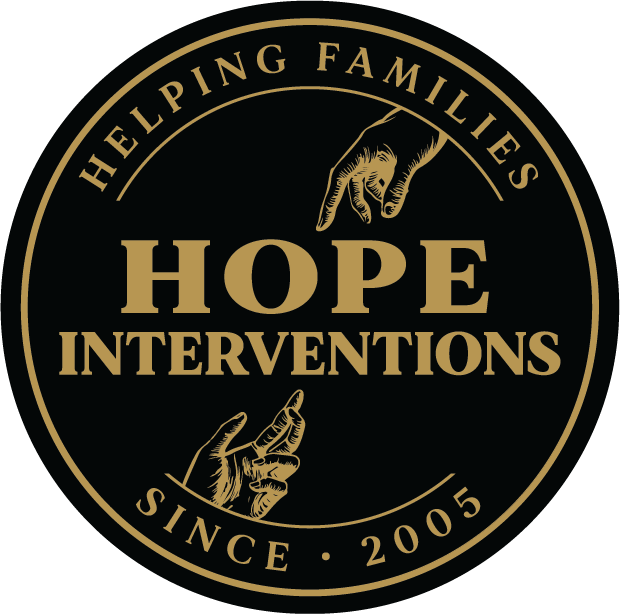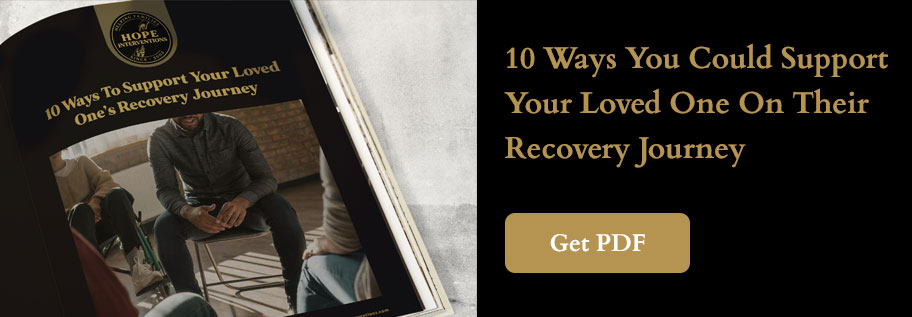How Trauma Fuels Addiction—and How Interventions Can Break the Cycle
Behind many stories of addiction lies an often-overlooked root: trauma. Whether it’s childhood abuse, the loss of a loved one, a toxic relationship, or a life-altering event, trauma can leave deep scars that manifest in harmful coping mechanisms—like substance use. At Hope Interventions, we recognize that addiction isn’t just about the substance. It’s about the pain behind it.
Understanding the connection between trauma and addiction is essential not just for treatment—but for families preparing for an intervention. When you understand what’s fueling your loved one’s behavior, you can approach the intervention with greater compassion and clarity. And more importantly, you can help break the cycle.
Trauma Creates Emotional Pain That Feels Unbearable
Unresolved trauma often leads to overwhelming emotions—shame, fear, anxiety, and helplessness. For many, drugs or alcohol become a way to escape those feelings, even temporarily. It’s not about “getting high”; it’s about numbing the pain.
What Families Should Know:
Your loved one isn’t weak or selfish. They’re hurting. Addiction is often a survival strategy that’s gone out of control.
Addiction and Trauma Feed Each Other
Addiction can lead to more trauma—legal issues, broken relationships, financial problems, and health consequences. The more damage addiction causes, the more trauma accumulates. It becomes a painful loop that feels impossible to escape.
What an Intervention Can Do:
An intervention provides a powerful pause in this cycle. It helps your loved one see that there’s another path forward—and that they’re not alone on that path.
Interventions Can Be a Bridge to Trauma-Informed Care
A well-executed intervention doesn’t just push someone into any treatment program—it guides them toward one that understands the link between trauma and addiction. Trauma-informed treatment focuses on safety, trust-building, and emotional healing—not just sobriety.
What Families Can Do:
Partner with an interventionist who prioritizes trauma-informed placement. Recovery should address the root causes, not just the symptoms.
Compassion Changes the Conversation
Addiction can create resentment, especially when loved ones feel lied to, manipulated, or hurt. But when families begin to understand the underlying trauma, they can show up with empathy instead of anger. This shift can be the difference between an intervention that feels like an ambush and one that feels like an invitation to heal.
What to Expect:
You’ll still set boundaries, and your expectations will be clear—but they’ll come from a place of love, not punishment.
Healing Trauma = Lasting Recovery
When trauma is addressed in treatment, the chances of long-term recovery increase significantly. Your loved one begins to understand their story, reconnect with their emotions, and build healthier coping skills. That’s when true healing begins.
What Happens Next:
The journey won’t be easy—but with the right support, your loved one can finally stop surviving and start living.
Breaking the Cycle Begins with Hope
Trauma doesn’t have to define the rest of someone’s life. And addiction doesn’t have to be the end of their story. At Hope Interventions, we help families create a turning point—a moment where love, understanding, and action come together to offer a way out.
If your loved one is struggling with addiction and you suspect trauma may be part of the picture, we’re here to help. Together, we can break the cycle—and build something better.


